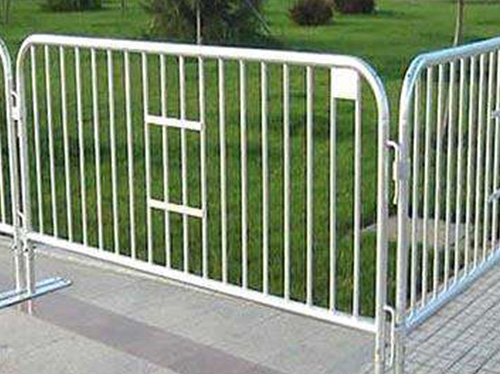
Anshan yongfeng hot galvanizing co. LTD
Marketing: 15040762557
Customer service hotline: 0412-848267
Company email: 1123927151@qq.com
Company website: www.xdqplus.com
Company address: anqi road 34, dadao bend industrial park, anshan city
The factors influencing the quality of hot-dip galvanizing can be divided into the following aspects: composition of zinc solution, temperature of zinc solution, dipping and plating time, lifting speed and tooling use.
1. Quality of zinc ingots: theoretically, zinc ingots with a content of 98.5% or more can be used as zinc ingots for hot-dip galvanization. PWG zinc ingots are mostly used in foreign hot-dip galvanizing plants. Domestic hot galvanizing plant USES SHG zinc ingots mostly, purity is about 99.99%-99.995%.
2. Zinc liquid components: the chemical components in the zinc liquid that can affect the quality of hot-dip galvanization include lead, aluminum, nickel, tin, antimony, etc.
3. Galvanizing temperature: temperature control plays a decisive role in galvanizing quality, zinc consumption, energy consumption and service life. People is used to divide the hot galvanization temperature into room temperature galvanization and high temperature galvanization two kinds. (room temperature is 435 to 460 degrees, high temperature is about 500 degrees)
4. Dip and plating time: first remove the scum of zinc tank, and the steel pieces are completely immersed. The zinc dust is formed on the surface of the zinc tank.
5. The operating speed: when steel immersed should as far as possible on the premise of ensure the safety of the personnel and artifacts quickly, so can guarantee the galvanized parts of the film thickness is the same, lifting speed according to the different steel structure, material, length and different speed, in general, lifting speed 1.5 m/min can be ensure good zinc liquid reflux and surface brightness.
6. Tooling use: hot galvanizing tooling is very important for galvanizing process. Good tooling can greatly improve production and quality, but the design of tooling depends on the type of galvanized parts.
7. Cooling passivation: the steel parts shall be cooled in the water tank after hot galvanizing. The cooling water is usually tap water. The optimum temperature should be 30 to 70 degrees, and a suitable amount of surfactant can be added to water to increase the surface gloss of steel.
8. Repair inspection: the finished products shall be inspected for film thickness and appearance according to the requirements and standards (GB/T 13912-2002, national standard), and the polishing of zinc dust and zinc residue on the surface of the plating parts shall be ready for delivery.
